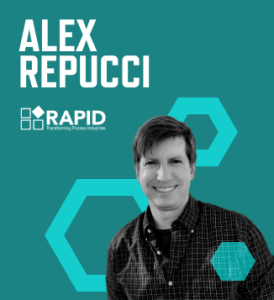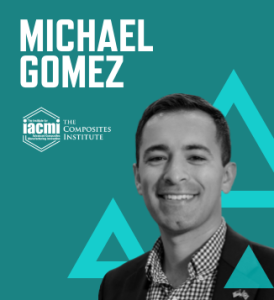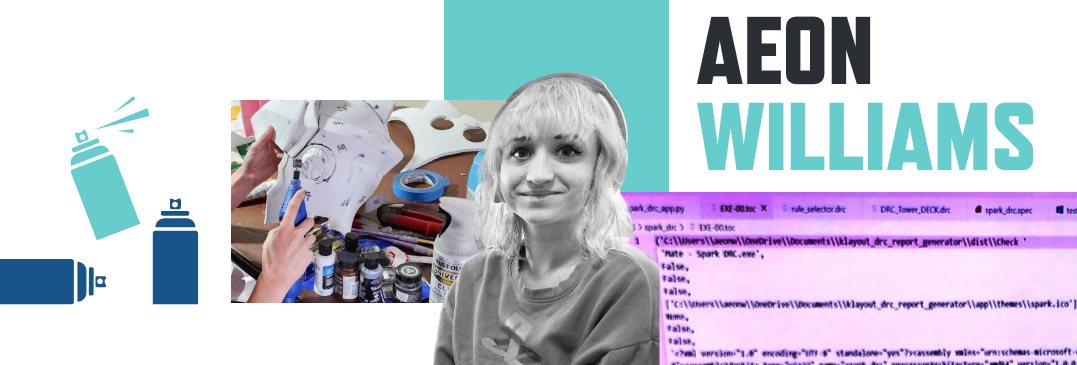
Programmer, gamer, cosplay character creator
Before Aeon Williams started her new job as the Software Application Engineer for Spark Photonics a couple of months ago, she had never heard of the photonics industry.
“I’m a computer scientist who stumbled into the world of photonics after Spark Photonics found me,” she says. “They needed a programmer who could code for them and help their customers code to fulfill their photonic chip designs.”
Aeon compares how electronic chips and photonic chips work. Electronic chips, which are about the size of a human thumbnail, run on electricity and interact with software and hardware to control the machines we use in our daily lives, from automobiles to computers.
Photonics, on the other hand, involves generating, detecting, and manipulating light waves (photons) for applications such as communications, chemical and biological sensing, and machine vision. Spark Photonics designs integrated photonic chips, which comprise photonic devices and circuits that are miniaturized onto the surface of a semiconductor chip. Much of this photonic chip design work is done using computer code in languages such as Python.
“I’m learning how to use my programming skills to find and solve coding problems in chip designs as my team works to bring photonic chips to life. The applications of photonics are nearly limitless!”
“I genuinely enjoy it so much that it doesn't feel like work. And I want kids who are in school to know that this type of career is achievable. It can exist for everyone, if you’re willing to pursue it.”
Early Exposure to Computers and Programming
As a homeschooled student, Aeon had the opportunity to take a programming class at age 11, which focused on game development. She says it was the first time she really had an idea of what her future career might look like.
“I didn’t know what programming was until I took that class,” she says. “But after that, I knew that I really wanted to do programming for the rest of my life. I pursued it at a high school program at a local college, called the DigiPen Institute of Technology.”
During the program, Aeon learned her programming skills could be used for computer science and machine learning. She explains machine learning as the process of writing algorithms to train a machine’s computer “brain” to mimic how a human brain works.
“Computers are really stupid until you tell them what to do,” she says. “I learned how to literally write an algorithm that mimics the neurons in your brain. It’s how self-driving automation is being developed for Tesla. There are so many budding applications for machine learning now.”
“The gaming industry itself has limitations for a career. Once I was exposed to machine learning and data science at DigiPen, I could see so many uses for this field that went way beyond gaming limitations."
Programming is About Problem Solving
Aeon says many people are surprised to find out that programming doesn’t require strong math or scientific, technical knowledge. She says her success boils down to her ability to root out problems and solve them.
“It's literally an investigation where I figure out what the program is telling me,” she says. “I’m always asking myself, ‘Why doesn't this work? Why am I getting this particular error?’ Let's figure out the root of the problem and how to solve that.”
She says her gaming background also helped her develop better programming skills, as well as how to work with teams to advance that programming.
“I take a leadership role in the World of Warcraft, and it helps me figure out how to be a better leader,” Aeon says. “I have to figure out how to take my team from point A to point B, and how to communicate that in the best way possible.”
From Gaming to Photonics
Aeon’s pursuit of an undergraduate degree in computer science was interrupted by the COVID-19 pandemic. She worked in game testing as a way to make ends meet. But while she enjoyed gaming as a hobby, she said the technology was not allowing her to use her full potential.
“The gaming industry itself has limitations for a career,” she says. “Once I was exposed to machine learning and data science at DigiPen, I could see so many uses for this field that went way beyond gaming limitations. I began gravitating towards Python, which is now the standard programming for manufacturing operations. And it’s also crossing over into other applications, including photonics!"
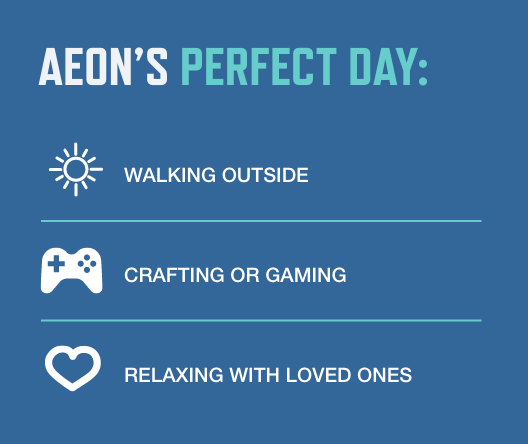
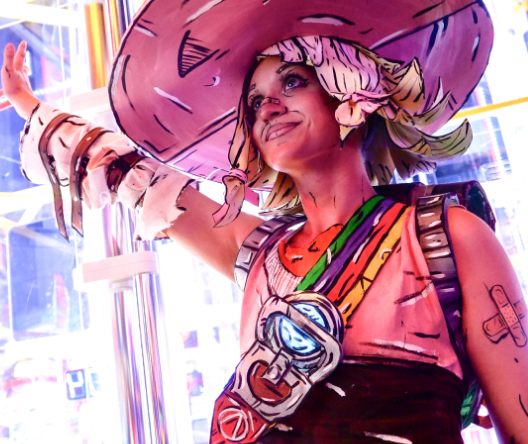
For Aeon, Her Career ‘Doesn’t Feel Like Work’
Aeon says she’s building her skill sets every day in the world of photonics, where her job is evolving on a daily basis. She has to force herself to take breaks because her job doesn’t feel like work.
“It feels so fake to say that if you love what you do, you'll never work a day in your life,” she says. “I genuinely enjoy it so much that it doesn't feel like work. And I want kids who are in school to know that this type of career is achievable. It can exist for everyone, if you’re willing to pursue it.”
Aeon is so passionate about career opportunities in photonics that she works with her company’s CEO to raise awareness of the industry in the younger generation. Spark Photonics has partnered with the AIM Photonics institute to create accessible, photonic chips, so students can see this technology first-hand.
“We’re giving young people the chance to get their hands on these chips and make photonics as accessible to them as possible,” she says. “Normally these chips would be very expensive to make, but Spark Photonics and AIM working together have made them more accessible. We’re trying to remove all barriers of entry.”
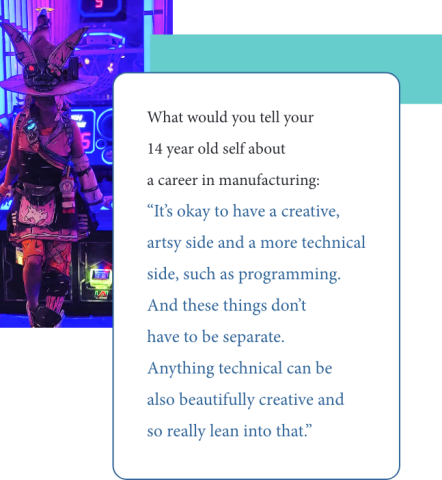
Crafting and Programming are Cut From the Same Cloth
In addition to gaming and time outdoors, Aeon enjoys crafting, especially cosplay, which involves taking a variety of materials to craft costumes and accessories to create characters.
“I think the reason that I love crafting is also the reason that I love programming,” she says. “It's all kind of cut from the same cloth in my brain. Now in my career, I get to use the same approach to take a 2D design and then follow all the steps to make that design a reality.”
Aeon equates crafting with creativity and problem-solving, which she says can build the skill sets for a rewarding career. She says her gaming hobby has helped her develop better social skills for working with teams and customers.
“You need to be able to talk to people and you need to do things that are not purely technical,” she says. “I think engaging in hobbies and socializing is super important to developing a career.”


